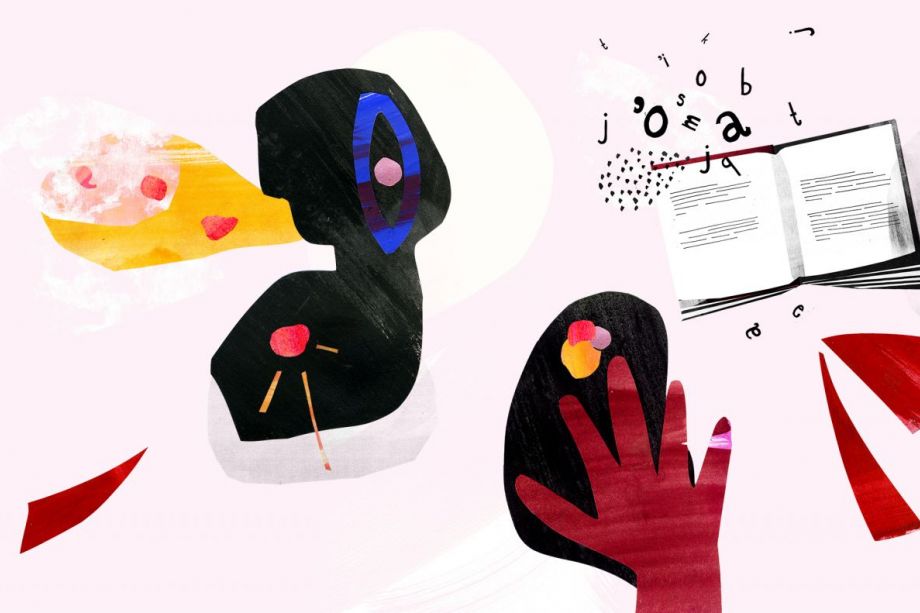
Welcome to PEN/Opp
To have been part of the emergence and growth of The Dissident Blog as from 2011 has been a schooling in the art of the imaginable. In our first press release we wrote: “The Dissident Blog is an expression of anger and frustration.” We felt both anger and frustration over the escalating impingements on the freedom of expression that were shaping, and continue to shape, much of the political climate worldwide. How could Swedish PEN help to alleviate these assaults?
Our idea was simple but had no precursor; we wanted to create an international online magazine for authors, journalists and bloggers who for various reasons were hindered from publication in their home countries. With The Dissident Blog we wanted to retrieve the democratic head start and function as a worldwide link between readers, writers and the media.
Eight years have passed and we can confirm that this online publication has reached its goal. Over the years we have published texts by writers in exile, censured texts, confiscated texts that have shaken those in power, texts that have been smuggled out of prisons, or that have barely been imagined due to self-censorship. Today we have readers in 150 countries, among them countries where censorship and restrictions in the freedom of expression is dire such as in China, Iran, Russia, Saudi Arabia, Belarus, Bangladesh and Hungary.
We are proud of our achievement but after eight years it is time to stop and consider how it might be possible to make this online publication even better. A lot has happened on the digital front since 2011. And having readers in 150 countries with such varying access to the Internet creates higher demands on us as publishers.
Here is the result of our transformation. Welcome to PEN/Opp —opp as in opposition.
A new site, a new form, a new name. We can now present a more modern site broadly adapted for the computer, the mobile or any e-book reader, and one that can even be accessed in places with a slow Internet connection. We have always tried to think in a circular way and tried to create a site where the reader, no matter who they are, can easily navigate themes, genres, and suggested further reading.
The content and the concept informing our publication though is the same as before. PEN/Opp will continue to publish four issues per year. But instead of publishing the texts in one issue all at once, we are now aiming to publish one or two texts each week. In this way the thematic issues will build up successively and the site will thereby be more dynamic. The first taste of this technique is presented here and the first issue focuses on one of PEN’s central concerns: indigenous languages and language rights. In the coming weeks you will be able to read texts from or about Malawi, Mexico, Turkey, Eritrea, Catalonia, and Xinjiang/East Turkestan—texts that describe the language situation in these countries. We do this in collaboration with the authors Simona Škrabec and Alicia Quiñones from PEN International’s Translation and Linguistic Rights Committee.
According to UNESCO, which has pronounced 2019 the International Year of Indigenous Languages, among the world’s approximately 7,000 languages over 2,600 languages risk extinction in the near future. Many of these threatened languages are indigenous languages spoken by the world’s various indigenous peoples.
What is a mother tongue? What does it mean to be an indigenous writer? What does the book market look like for those who write in an indigenous language? Can a language survive if it lacks a flourishing literature? Can a threatened language be saved? These are examples of questions asked in this issue. “Being Jts’ibajom te jbats’i k’optik means writing in the language of our grandparents, where the suffering of the indigenous people is made manifest; to forget is death; language as resistance allows us a ray of hope,” writes the Tzotzil author Ruperta Bautista in her text for PEN/Opp. In a poem here published in Swedish, English and the original Chichewa, Alfred Msdala, writer and chairperson of PEN Malawi, celebrates the language diversity in Malawi. Chichewa is Malawi’s national language but the government has still not given it official recognition and instead uses only English in official contexts and in its schools. The Kurdish author Ciwanmerd Kulek writes: “My mother was one of the strongest motivations for my writing in Kurdish. She never spoke any other language.” His personal text relates his family story and discusses why the right to the Kurdish language overrides even territorial claims.
PEN/Opp continues its important commitment as a unique forum for discussions about the freedom of expression, about literature, culture and politics—a forum where people can continuously report from the ever-volatile struggle for the freedom of expression. And we hope these reports and stories can reach way out into the world.

